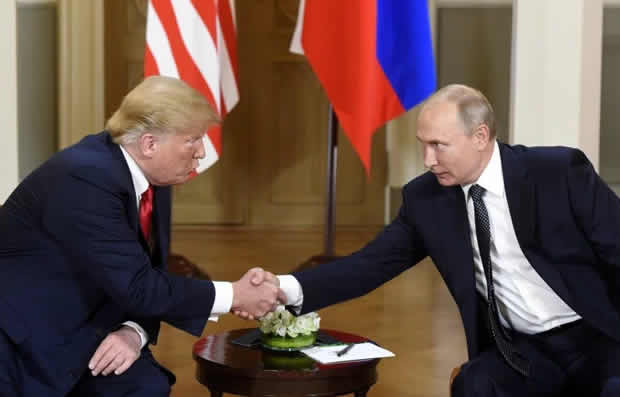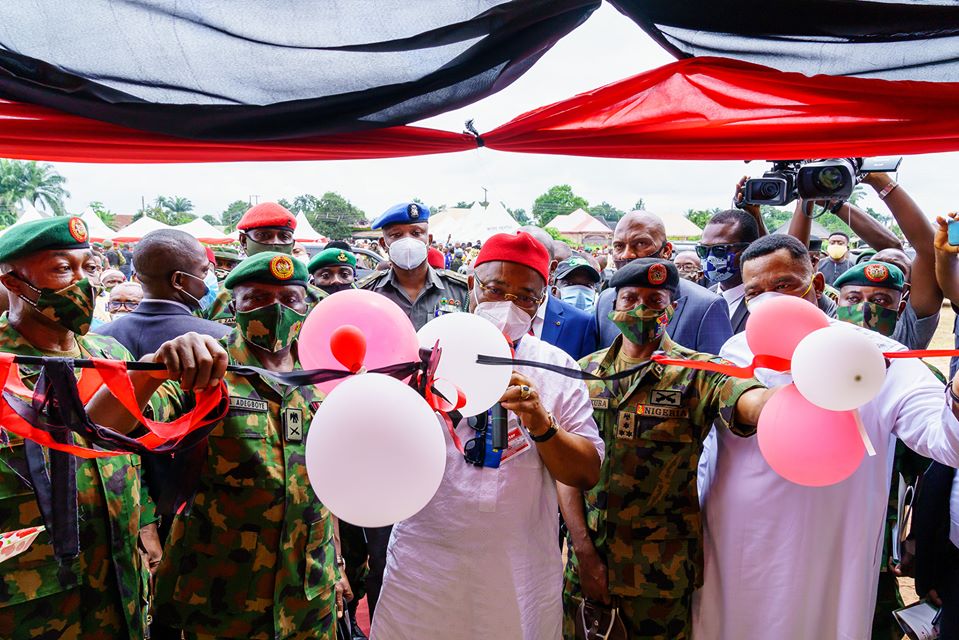In a recent call from his Mar-a-Lago estate, U.S. President-elect Donald Trump reportedly urged Russian President Vladimir Putin to de-escalate tensions in Ukraine, signaling a potential shift in Washington’s approach to the prolonged conflict. According to insiders, Trump pointed to America’s strong military presence in Europe and expressed interest in finding a peaceful resolution to the nearly three-year war in Ukraine. This appeal, reported by The Washington Post, reflects Trump’s consistent campaign stance of ending the conflict swiftly, though specifics remain unclear.
The discussion with Putin, which took place Thursday following Trump’s surprise victory over Democratic candidate Kamala Harris, aligns with Trump’s aim to curtail U.S. financial support for Kyiv. Sources familiar with the exchange suggest Trump’s priority is to stabilize Europe without prolonged military involvement, a goal he also discussed with German Chancellor Olaf Scholz in a subsequent call on Sunday. Scholz’s spokesperson confirmed the leaders’ mutual commitment to “working together towards a return to peace in Europe.”
President Volodymyr Zelensky of Ukraine, who conversed with Trump last Wednesday alongside Elon Musk, has voiced concerns that any concessions to Russia could embolden further aggression. However, Trump allies, including former advisor Bryan Lanza, suggest Ukraine may need to adjust expectations on contested territories, particularly Crimea. This perspective, popular among Trump’s close supporters, was underscored by Donald Trump Jr., who shared a social media post indicating that Kyiv’s U.S. aid could face cuts under the new administration.
Trump’s call for a swift resolution is bolstered by the Biden administration’s last-minute push to send additional military aid to Ukraine before Trump’s inauguration on January 20, 2025. The White House, as explained by National Security Advisor Jake Sullivan, aims to provide Ukraine with strategic resources, including the remaining $6 billion in approved funds, to maintain battlefield strength.
Meanwhile, the Kremlin has responded cautiously to Trump’s peace-oriented rhetoric. Kremlin spokesman Dmitry Peskov noted a “positive signal” from Trump’s remarks, contrasting them with the confrontation-focused approach of the previous administration. Moscow’s position remains firm as Russian forces continue operations in Ukraine’s south and east, while Kyiv, facing troop shortages, resists territorial concessions.
European allies, including the United Kingdom and France, remain wary of Trump’s stance, which may result in strategic shifts in Western support. This concern is amplified by recent escalations, with Ukraine launching the most extensive drone attacks on Russian territory, reportedly targeting Moscow with 34 drones, while Russia responded with 145 drones directed at Ukraine.






2 Comments